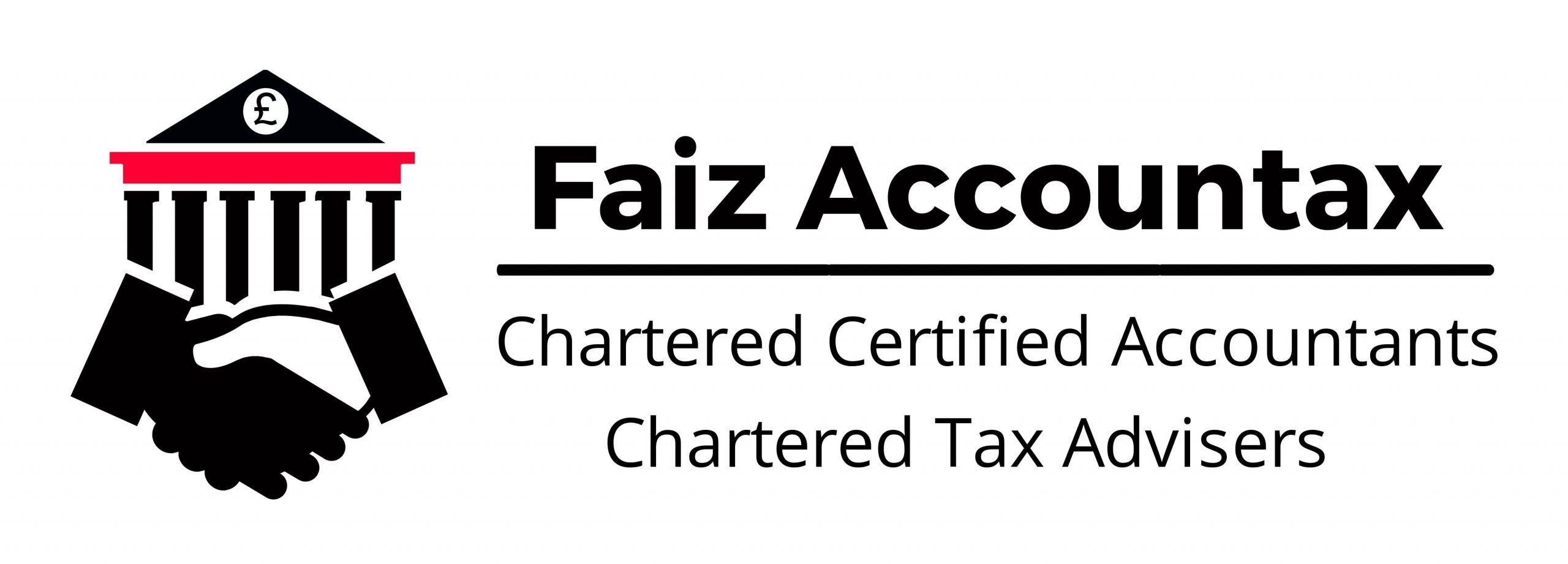Payroll
Whether you are a Sole Trader or a Limited Company, one of the ways in which we help you to concentrate in growing your business is by taking care of your payroll. We help to ensure your staff are paid on time by processing your payroll and providing confidential advice on all payroll matters.
Payroll itself comes with a lot of challenges and compliance burden. As an Employer you must ensure that the correct amount of PAYE tax and national insurance contributions are deducted and paid over to HMRC before the deadline. There are additional compliance requirements if you provide any benefits to your employees.

Overview of Payroll Submission & Key Dates:
If you have one or more workers in the United Kingdom, you, as an employer, are responsible for ensuring that the correct deductions are made and passed over to HMRC by due deadlines. Before the net amount is paid to an employee, Income Tax and Employee’s National Insurance Contributions must be withheld depending on the individual’s tax code. Employer’s National Insurance is also due, but it is paid by the employer rather than withheld from employee wages.
What do I need to do?
If you are an Employer then one of your obligations is to calculate the correct amount of tax to deduct from your employees’ earnings and make any necessary payments on their behalf. This is called Pay-As-You-Earn (PAYE), and it’s different from the self assessment system.
What is PAYE?
The Pay As You Earn (or PAYE) system is a method by which tax is deducted from employment income at source. PAYE is not a tax in itself – it is simply a system under which tax on employment income and National Insurance is taken from salaries at the point of payment and handed over to HMRC. The PAYE scheme is based on a liability principle. This means that the employer is liable for both the tax and national insurance contributions of their employees and can deduct it from their gross wages.
What are the benefits of PAYE?
The PAYE system has been simplified over the years. It’s now easier to use than ever. However, you must deduct the correct amount of tax from your employees’ earnings each time they get paid. You can’t just guess. If you make a mistake, it could be costly! If you don’t obey the law, HMRC may prosecute or fine you.
Your usual monthly payroll will include:
- A Full Payment Submission (FPS) which is submitted on or before the employee is paid. This provides details of employees, their pay and deductions.
- Employer Payment Summary (EPS) is submitted each month by 19th of the following tax month. Tax month starts on 6th every month. The EPS shows details of any adjustment and to allow HMRC to apply any reduction on what you owe from your FPS e.g. any Sick pay, statutory pay etc.
- Employee forms. Employers must provide their employees with certain forms before the deadline. Form P60 must be provided to employees by 31st May following the tax year and a P11D by 6th July following the tax year.
Our team of experts will ensure that your payroll obligations are met.
Require more information?
If you want more information or would like to discuss this further then call us on 020 8191 1732 or email us on ‘info@faizaccountax.com’.
To book a free consultation, click here.

